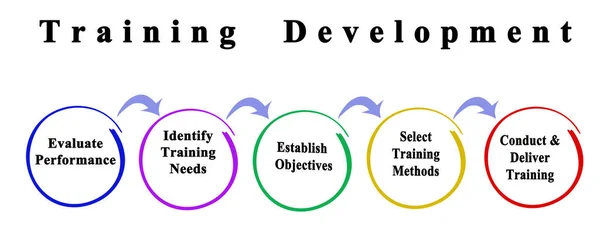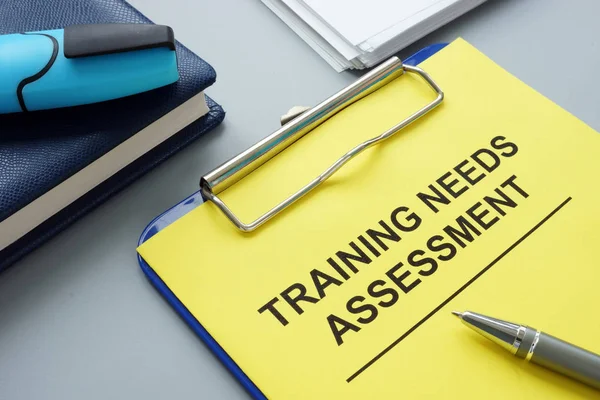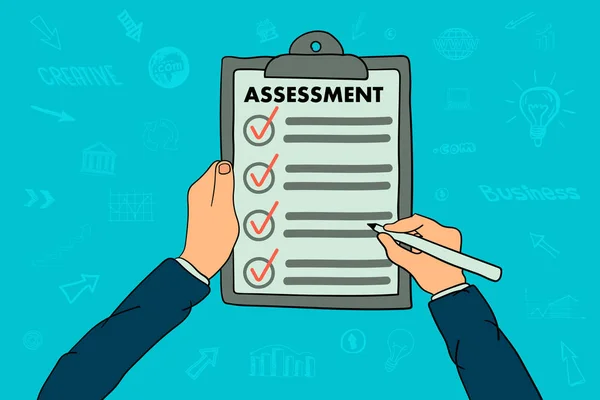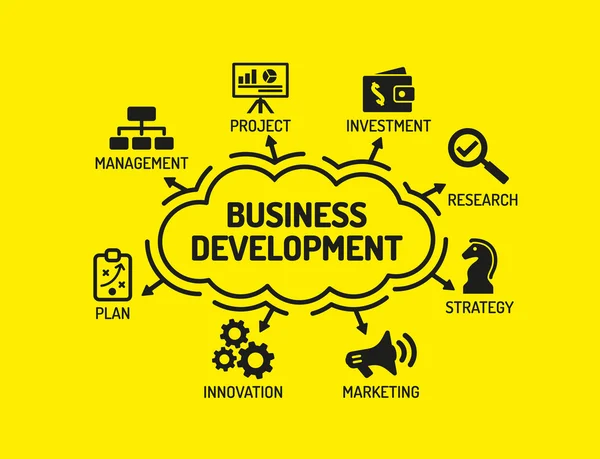In Kenya’s dynamic business landscape, staying ahead requires more than just ambition – it demands a strategic approach to talent development. Conducting and implementing a Training Needs Assessment (TNA) stands as a pivotal strategy to bridge the gap between current competencies and future requirements.
This post will guide you on steps of conducting a training needs assessment in Kenya. It also explores its benefits, on how it can be the best tool for making more money and overall success.
Understanding the Essence of TNA
A Training Needs Assessment serves as the compass guiding organizational capacity development initiatives. By meticulously evaluating existing skills and knowledge against organizational goals, it empowers businesses to chart a course for growth. In the Kenyan context, where industries are evolving rapidly, a robust TNA can be the differentiator between mediocrity and excellence.
The Step-by-Step Guide to TNA in Kenya

Step 1: Define the Purpose and Scope
The journey begins with clarity. Define the objectives of the TNA – whether it’s bolstering employee performance, addressing skill gaps, or fostering alignment with strategic objectives. Identify the scope, encompassing target audiences, departments, or specific skill sets.
Step 2: Engage Stakeholders
Involvement breeds ownership. Engage key stakeholders – from top management to frontline employees – to garner diverse perspectives and ensure alignment with organizational vision.
Step 3: Data Collection
Data is the cornerstone of informed decisions. Employ a mix of tools – surveys, interviews, observations – to gather insights into prevailing skills, knowledge levels, and performance metrics. Factor in contextual elements shaping training needs, including industry trends and regulatory dynamics.
Step 4: Analyze Data
Illuminate the path forward. Analyze collected data to discern patterns, identify prevalent training needs, and prioritize them based on their impact on organizational performance.
Step 5: Develop Training Solutions
Customization is key. Design tailored training programs tailored to address identified needs while accommodating diverse learning preferences. Embrace a blend of methodologies – from traditional workshops to immersive e-learning platforms – to cater to varied learning styles.
Step 6: Implementation and Evaluation
Action breeds transformation. Implement devised training programs and meticulously monitor their efficacy. Continuously evaluate their impact on employee performance, job satisfaction, and organizational outcomes to refine strategies iteratively.
What are the Benefits of doing a TNA?
The dividends of a well-executed TNA extend far beyond the confines of training rooms:
- Enhanced Employee Performance: Empowered with relevant skills, employees become catalysts for organizational success.
- Aligned Training Initiatives: TNA ensures training efforts are synchronized with overarching organizational objectives.
- Identified Skill Gaps: By pinpointing areas for improvement, TNA lays the groundwork for targeted development initiatives.
- Elevated Employee Engagement: Tailored training programs foster a culture of learning, driving employee engagement and retention.
- Optimized Resource Allocation: TNA ensures judicious utilization of resources, maximizing ROI on training investments.
Conclusion
In the plans of your organizational growth, conducting periodical Training Needs Assessment is a key strategy. By embarking on this journey, organizations in Kenya can unlock the latent potential of their workforce, fortify their competitive edge, and script a saga of enduring success.




